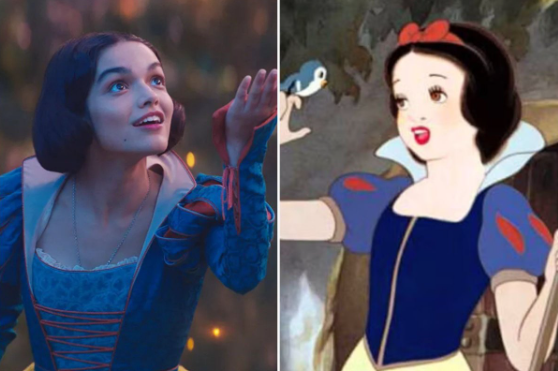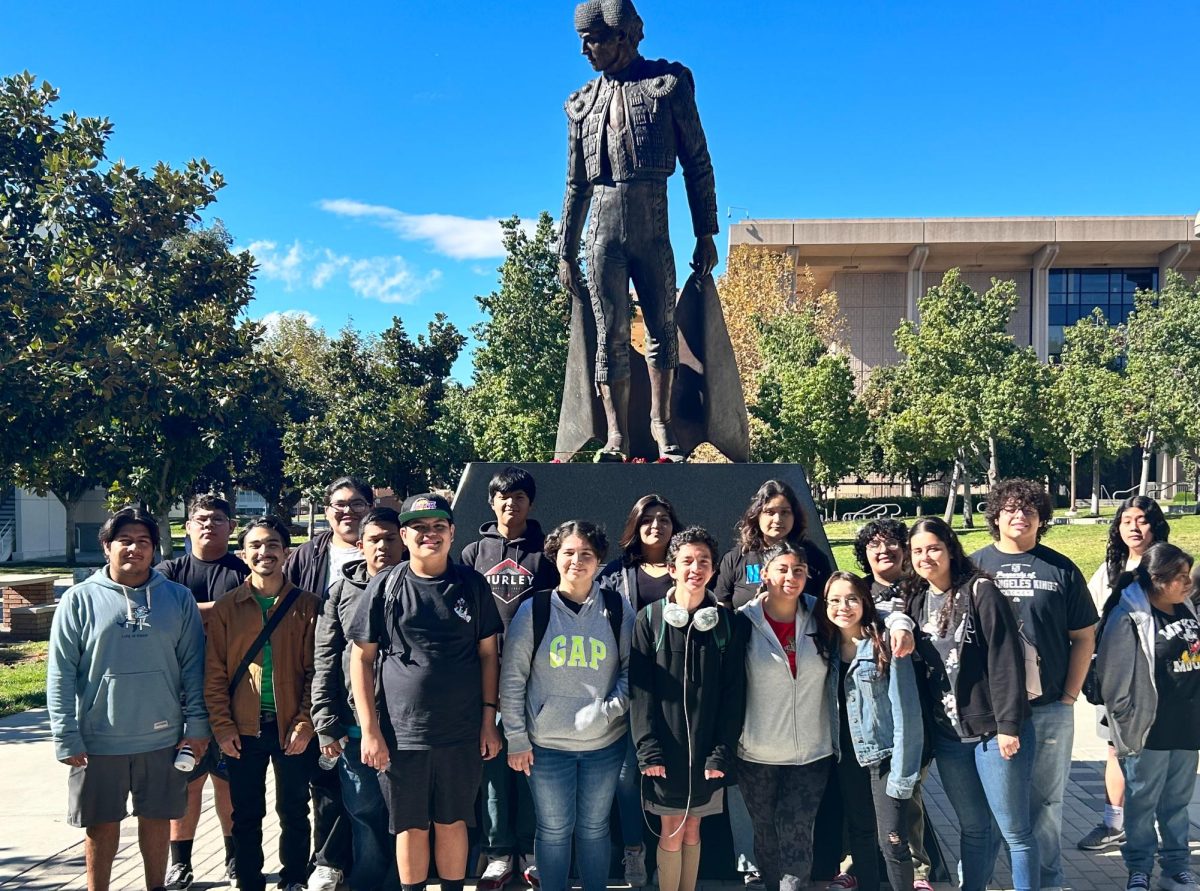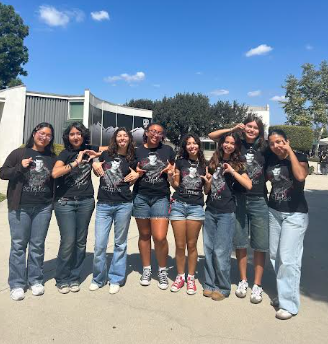
Disney’s new live-action remake of “Snow White and the Seven Dwarfs” has sparked controversy, largely due to the casting of Rachel Zegler as Snow White and her comments about the film.
Before the movie was released critics depicted the movie for being less of a live-action remake and more of a brand new film that doesn’t follow the original story line.
The controversy began when Zegler described the original 1937 “Snow White” film as “outdated” and criticized the portrayal of the prince, calling him a stalker.
“The original cartoon came out in 1937, and very evidently so. There’s a big focus on her love story with a guy who literally stalks her. Weird, weird. So we didn’t do that this time,” Zegler said.
In an interview with Variety, Zegler stated that her version of Snow White won’t be like the initial love story where Snow White was a damsel in distress who waited for her prince to rescue her.
“I just mean it’s no longer 1937, and we absolutely wrote a Snow White that’s not gonna be saved by the prince, and she’s not gonna be dreaming about true love,” Zegler said.
Zegler portrayed her interpretation of Snow White as a transformative journey, where the character seeks to embody noble virtues. Her portrayal is designed to craft a powerful story that connects with and inspires young viewers.
“She’s dreaming about becoming the leader she knows she can be and the leader that her late father told her she could be if she was fearless, fair, brave, and true. And so, it’s just a really incredible story for young people everywhere to see themselves in,” Zegler said.
Many on social media argue that the film would have stayed truer to the original character if a white actress had been cast as Snow White, a line with the princess’s traditional features. Zegler faced ethnic criticism, with backlash escalating to people showing up at her apartment and sending profanities toward her.
The backlash highlighted ongoing discussions about representation in Hollywood and whether adaptations should stick closely to their source material or embrace new interpretations.












